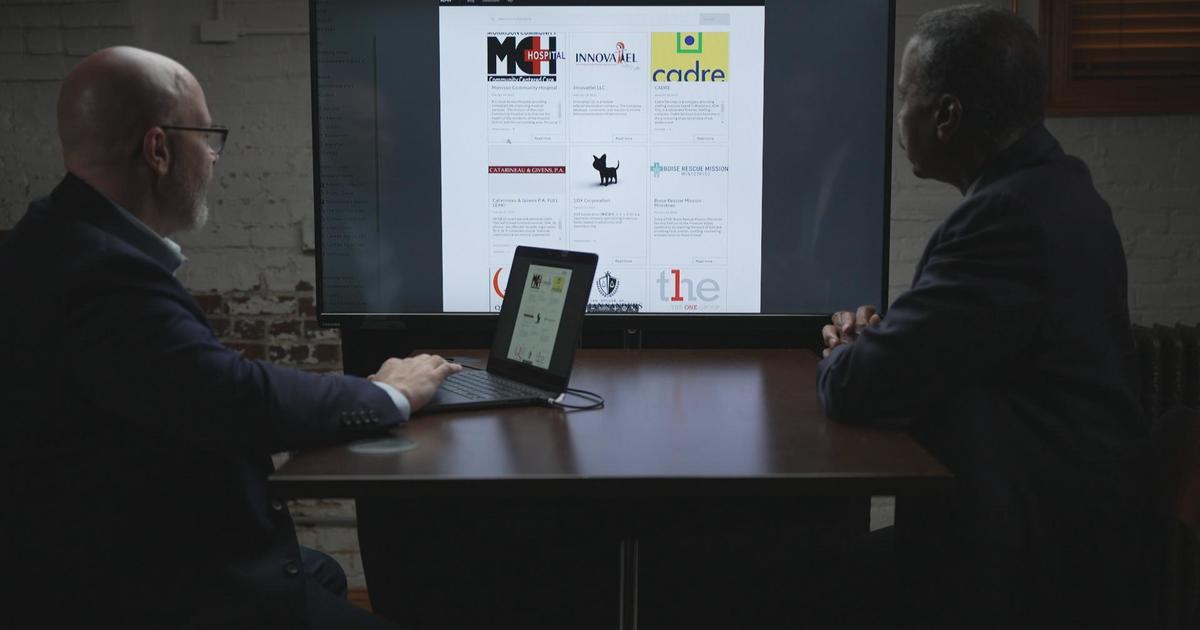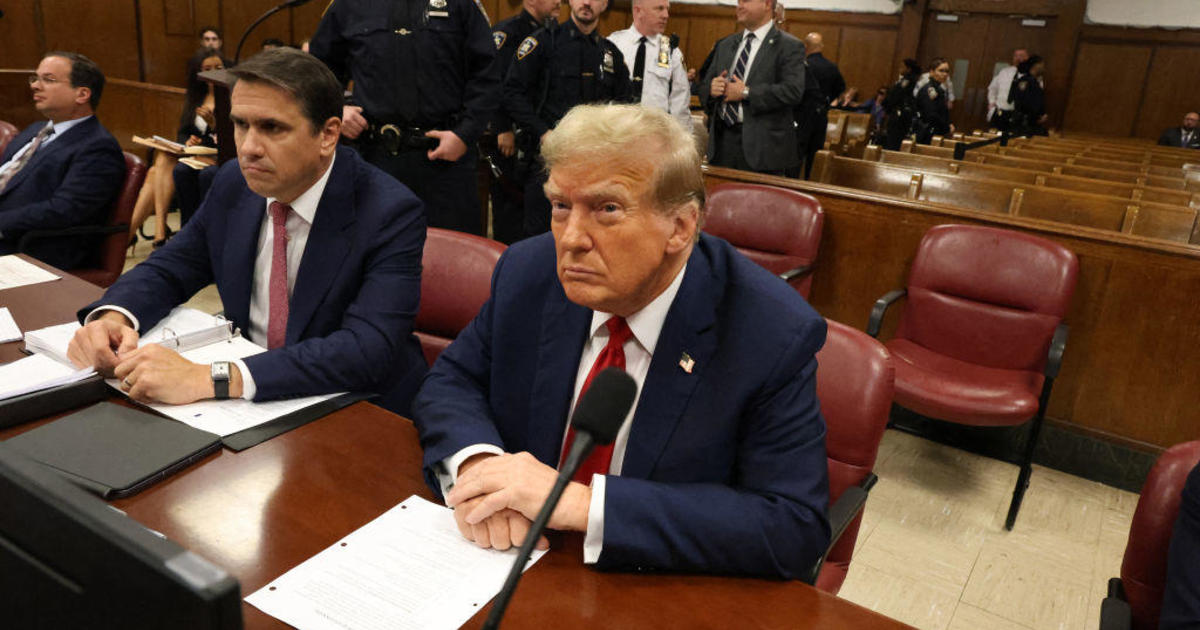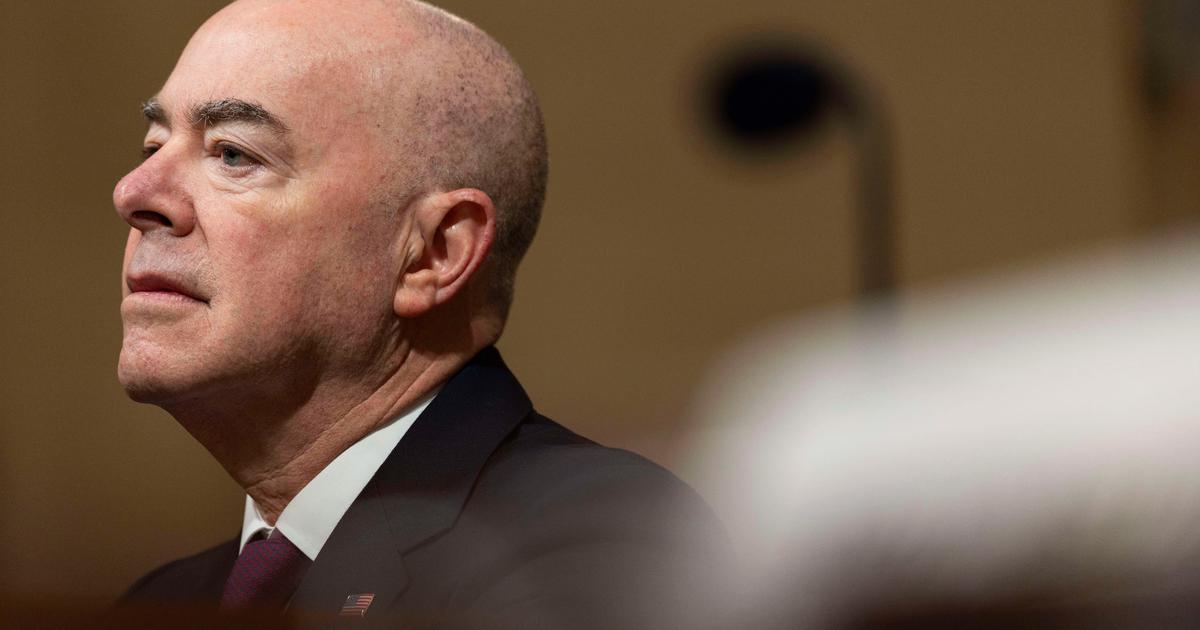Alleged Russian hacker arrested in Spain on U.S. computer crimes warrant
MADRID -- An alleged Russian hacker has been detained in Spain at the request of American authorities, an arrest that set cybersecurity circles abuzz after a Russian broadcaster raised the possibility it was linked to the U.S. presidential election.
Though the specific cyber-crime charges remained under seal, the United States Department of Justice confirmed Monday that the case was not related to election hacking.
Pyotr Levashov was arrested Friday in Barcelona on a U.S. computer crimes warrant, according to a spokeswoman for Spain’s National Court, who spoke on condition of anonymity in line with court rules.
Such arrests aren’t unusual -- American authorities typically try to nab Russian cybercrime suspects abroad because of the difficulty involved in extraditing them from Russia -- but Levashov’s arrest drew immediate attention after his wife told a Russia’s RT broadcaster he was linked to America’s 2016 election hacking.
- “Follow the trail of dead Russians”: Senate hears tesitmony on “cyber invasion”
- Former NSA director: Russia was involved in 2016 U.S. election
- Putin blasts “endless and groundless” election meddling claims
RT quoted Maria Levashova as saying that armed police stormed into their apartment in Barcelona overnight, keeping her and her friend locked in a room for two hours while they quizzed Levashov. She said that when she spoke to her husband on the phone from the police station, he told her he was told that he had created a computer virus that was “linked to Trump’s election win.”
But Levashova didn’t elaborate, and the exact nature of the allegations weren’t immediately clear.
According to the civil complaint against Yuryevich, he allegedly operated a botnet called Kelihos, which harvested usernames and passwords from infected computers and used the information gained to further his illegal spamming operation.
“The Kelihos botnet generated and distributed enormous volumes of unsolicited spam e-mails advertising counterfeit drugs, deceptively promoting stocks in order to fraudulently increase their price (so-called “pump-and-dump” stock fraud schemes), work-at-home scams, and other frauds,” a statement released by the U.S. Department of Justice said.
“Kelihos was also responsible for directly installing additional malware onto victims’ computers, including ransomware and malware that intercepts users’ bank account passwords,” the statement continued.
The Department of Justice on Monday announced a successful operation to take down the software that was allegedly used to infect thousands of computers.
The U.S. Embassy in Spain declined comment. Russian Embassy spokesman Vasily Nioradze confirmed the arrest but wouldn’t say whether he was a programmer, as reported by RT. He wouldn’t comment on the U.S. extradition order.
“As it is routine in these cases, we offer consular support to our citizen,” he said.
The Spanish spokeswoman said Levashov remains in custody.



